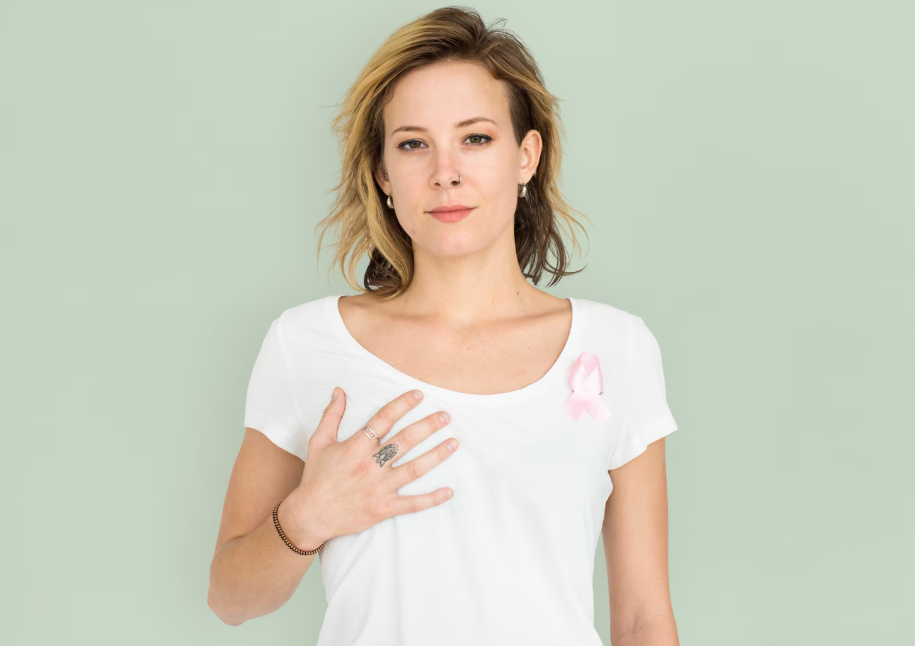Treatment Overview
Explant Surgery in Korea refers to the removal of breast implants. This procedure is performed for various reasons, including capsular contracture, implant rupture, Breast Implant Illness (BII), aesthetic revision, or personal preference. Explant surgery restores the natural breast profile, alleviates discomfort, and improves overall health in cases related to autoimmune-like symptoms.
Korea is a leading destination for explant surgery due to advanced surgical techniques, highly skilled surgeons, and patient-centered care, ensuring both safety and aesthetic outcomes.
Purpose & Benefits
The main goal of explant surgery is the complete removal of breast implants, and optionally, the surrounding scar capsule if necessary.
Key benefits include:
- Relief from pain, tightness, or discomfort caused by implants
- Alleviation of autoimmune-like symptoms associated with Breast Implant Illness (BII)
- Correction of deformities, asymmetry, or sagging breasts after previous augmentation
- Restoration of natural breast shape
- Option to combine with breast lift, fat grafting, or capsulectomy for aesthetic enhancement
- Improved long-term breast health
Ideal Candidates
Explant surgery is recommended for individuals who:
- Wish to remove breast implants for medical, aesthetic, or personal reasons
- Experience complications such as capsular contracture, implant rupture, or BII symptoms
- Seek to correct post-implant breast sagging or deformities
- Are in good general health and have realistic expectations
- Desire a combination procedure to improve shape after removal
Possible Risks & Complications
Even in Korea’s advanced clinics, explant surgery carries potential risks:
- Swelling, bruising, or tenderness
- Temporary numbness or changes in nipple sensitivity
- Minor asymmetry after removal
- Infection or delayed wound healing
- Scarring along the incision line
- Rare complications related to anesthesia
Surgical Techniques Used
Korean surgeons use advanced and precise techniques to ensure safe and effective implant removal:
- Simple Explant Surgery: Removal of implants through original incisions with minimal tissue trauma
- En Bloc or Total Capsulectomy: Complete removal of implant along with surrounding scar tissue for BII or contracture cases
- Partial Capsulectomy: Only the affected capsule is removed to maintain structural support
- Combination with Breast Lift or Fat Grafting: Restores volume, shape, and symmetry post-removal
- Minimally Invasive Incisions: Hidden incisions reduce visible scarring
Recovery & Aftercare
Recovery in Korea is well-managed to ensure comfort and safety:
- Light daily activities can resume within 5–7 days
- Swelling and bruising generally subside in 2–3 weeks
- Compression garments recommended for 4–6 weeks for optimal healing
- Avoid strenuous physical activity and heavy lifting for 4–6 weeks
- Follow-up visits to monitor breast healing, symmetry, and scar formation
Results & Longevity
- Immediate improvement in discomfort and tightness after implant removal
- Breast shape gradually returns to a natural contour over several weeks
- Long-term relief from implant-related complications and potential autoimmune symptoms
- If combined with a breast lift or fat grafting, results are aesthetic, natural, and long-lasting
Treatment Process in Korea
Korea is a preferred destination for explant surgery due to its combination of surgical expertise, advanced technology, and international patient care:
- Comprehensive Consultation: Evaluation of implants, surrounding tissue, and potential systemic symptoms
- Customized Surgical Plan: Determination of explant method—simple removal, en bloc, or total capsular excision
- Surgical Procedure: Minimally invasive incisions, safe implant removal, and optional capsule excision
- Combination Procedures (if desired): Breast lift, fat grafting, or reconstruction to restore shape and volume
- Post-Operative Care: Compression garments, pain management, scar care, and structured follow-up
- Medical Tourism Support: English-speaking coordinators, hospital recovery facilities, and international patient assistance
- Holistic Monitoring: Some clinics also provide follow-up for autoimmune or systemic symptoms related to BII
Cost Range
Explant surgery costs in Korea vary depending on the complexity of the procedure and whether combination procedures are performed:
- Simple Explant Surgery: ₩5,000,000 – ₩9,000,000 KRW
(Approx. $3,800 – $7,000 USD) - En Bloc / Total Capsulectomy: ₩9,000,000 – ₩18,000,000 KRW
(Approx. $6,900 – $13,800 USD) - Explant with Lift or Fat Grafting: ₩10,000,000 – ₩20,000,000 KRW
(Approx. $7,600 – $15,200 USD)
Additional Costs:
- Pre-operative blood work and imaging: ₩150,000 – ₩500,000 KRW ($115 – $380 USD)
- Compression garments and post-op medications: ₩150,000 – ₩400,000 KRW ($115 – $300 USD)
- Follow-up visits: ₩50,000 – ₩200,000 KRW ($40 – $150 USD)
Popular Clinics
Some of Korea’s top clinics for explant surgery include:
- Banobagi Plastic Surgery Clinic – specializes in safe implant removal, en bloc capsulectomy, and reconstruction
- JK Plastic Surgery Center – internationally accredited, advanced techniques for BII patients
- ID Hospital Seoul – minimally invasive explant and capsular removal procedures
- View Plastic Surgery Hospital – experienced in post-implant revision and aesthetic restoration
- Regen Plastic Surgery – focuses on natural results, symmetry, and minimal scarring




